Retinol Creams and Sun Protection
Introduction to Retinol Creams
Retinol, a derivative of vitamin A, is a powerful ingredient popularly used in skincare for its anti-aging and skin-renewing properties. It accelerates skin renewal, enhances collagen production, and reduces the appearance of fine lines and wrinkles. However, its potency also makes the skin more sensitive to sunlight, making sun protection an essential aspect of any retinol-based skincare regimen.
Understanding Retinol and Its Benefits

Retinol's Mechanism: When applied to the skin, retinol converts into retinoic acid, which interacts with skin cells, encouraging them to behave younger and healthier. This process aids in improving skin texture, pigmentation, and the treatment of acne.
Key Benefits:
- Anti-Aging: Retinol is renowned for reducing the appearance of fine lines and wrinkles.
- Skin Texture Improvement: It promotes smoother, more even-toned skin.
- Acne Treatment: Retinol can help unclog pores, reducing acne breakouts.
- Pigmentation Issues: It's effective in fading age spots and hyperpigmentation.
The Importance of Sun Protection with Retinol

Retinol can make your skin more susceptible to UV rays. This increased sensitivity can lead to sunburn, skin damage, and counteracting the benefits of retinol.
Why Sun Protection is Critical:
- Prevents Sun Damage: UV rays can cause premature aging and skin cancers.
- Enhances Retinol's Effectiveness: By protecting your skin from the sun, you allow retinol to work more effectively without the interference of UV-induced damage.
Choosing the Right Sunscreen
When using retinol, it's crucial to use a broad-spectrum sunscreen with an SPF of 30 or higher.
Key Features to Look for:
- Broad-Spectrum Protection: This guards against both UVA (aging) and UVB (burning) rays.
- Water-Resistance: Especially important if you're active or sweat a lot.
- Suitable for Sensitive Skin: Look for sunscreens that are hypoallergenic and non-comedogenic, as retinol can make skin more sensitive.
Best Practices for Using Retinol and Sunscreen Together

To maximize benefits and minimize risks, follow these tips:
- Apply Retinol at Night: Retinol can make your skin more sensitive to sunlight, so it's best used in your nighttime routine.
- Use Sunscreen Daily: No matter the weather, apply a broad-spectrum sunscreen every morning.
- Start Slowly with Retinol: Begin with a lower concentration and gradually increase to allow your skin to adjust.
- Moisturize Well: Retinol can be drying, so pair it with a good moisturizer.
- Consult a Dermatologist: Especially if you have sensitive skin or other skin concerns.
Retinol and Sun Protection for Different Skin Types
Each skin type requires a slightly different approach:
- Normal Skin: Can typically tolerate daily retinol use and regular sunscreen application.
- Oily Skin: Look for oil-free sunscreens and retinol products.
- Dry Skin: May need additional moisturizing. Consider using retinol less frequently.
- Sensitive Skin: Opt for retinol products with lower concentrations and fragrance-free sunscreens.
Conclusion: The Synergy of Retinol and Sunscreen
Integrating retinol into your skincare routine can be transformative, but it's vital to pair it with diligent sun protection. By doing so, you not only enhance the benefits of retinol but also protect your skin from potential damage caused by increased sun sensitivity.
Remember, the key to reaping the maximum benefits from retinol creams is to understand your skin type, choose the right products, and never skip the sunscreen. Happy skin is healthy skin!


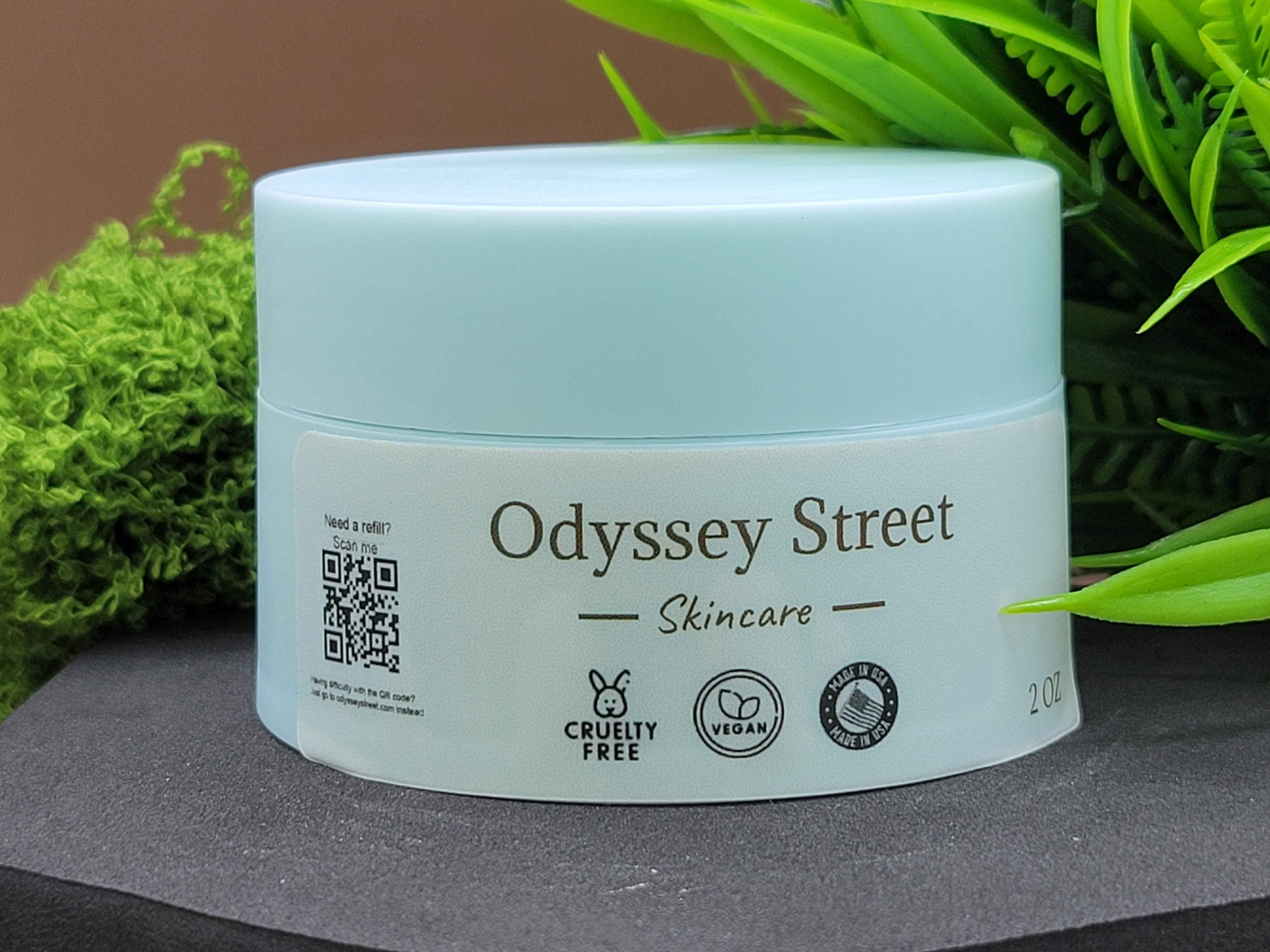
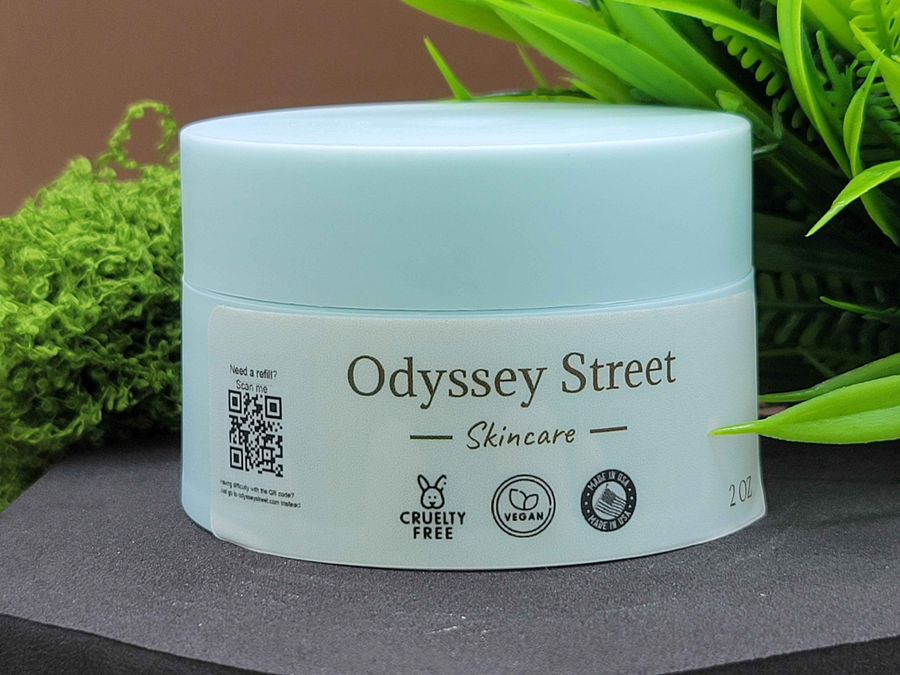
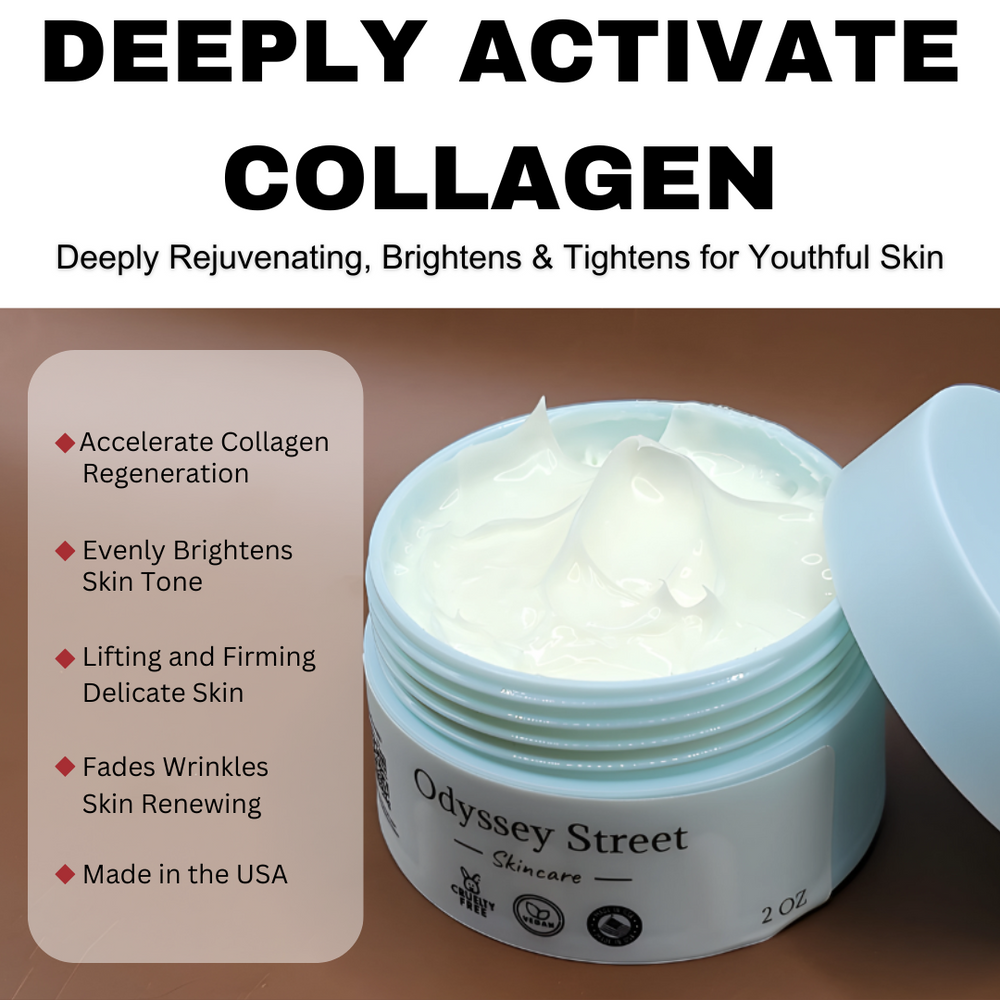


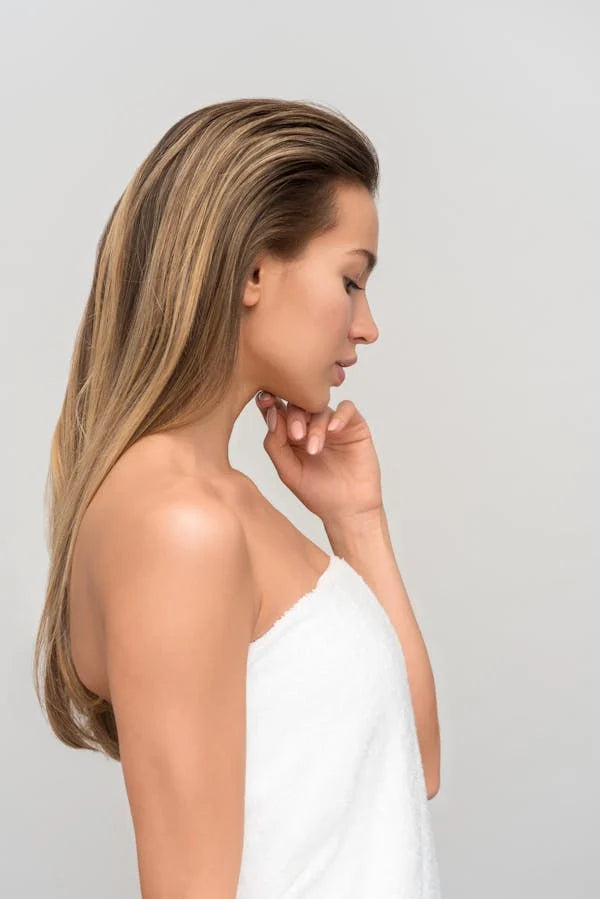

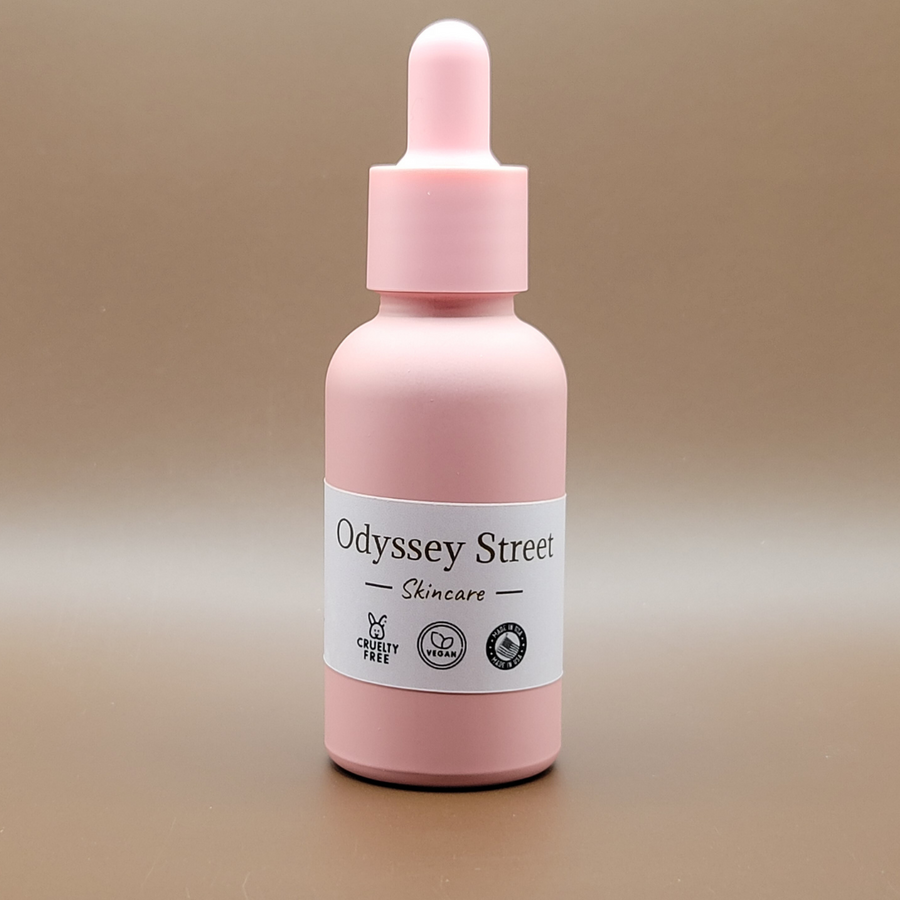
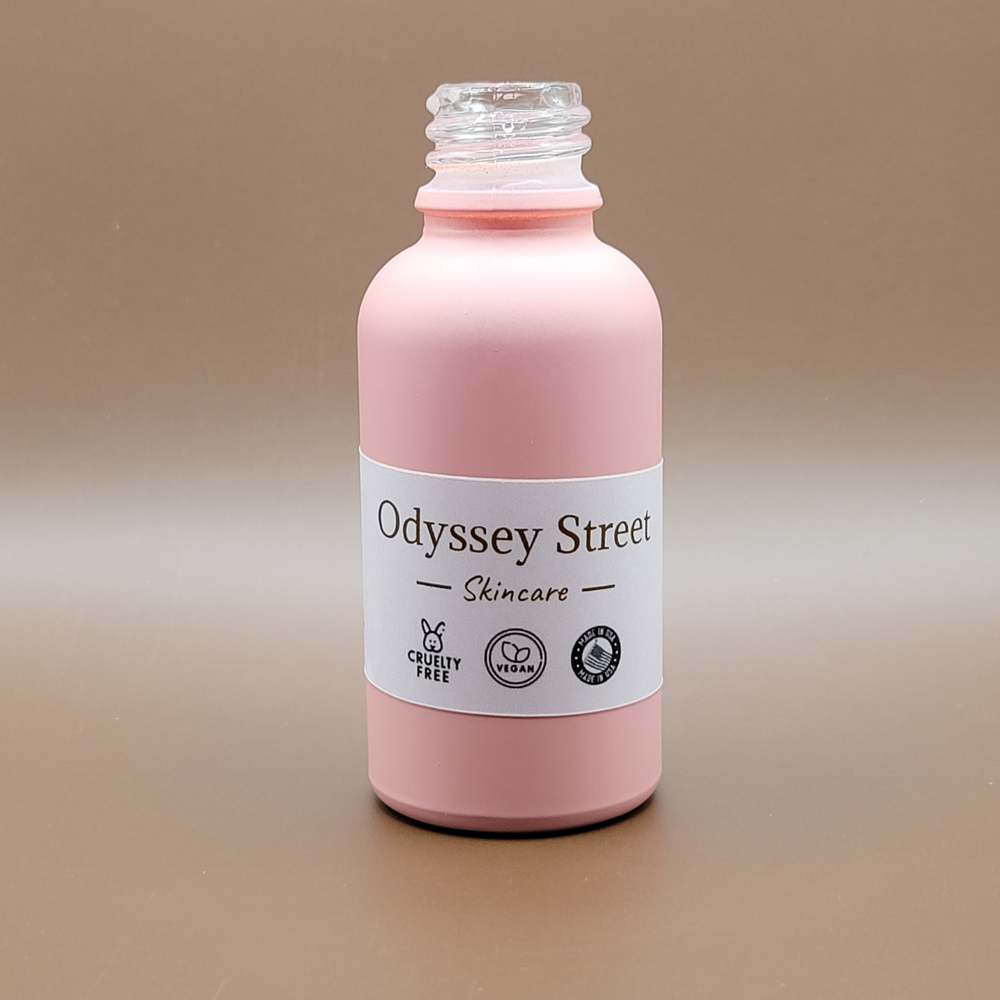
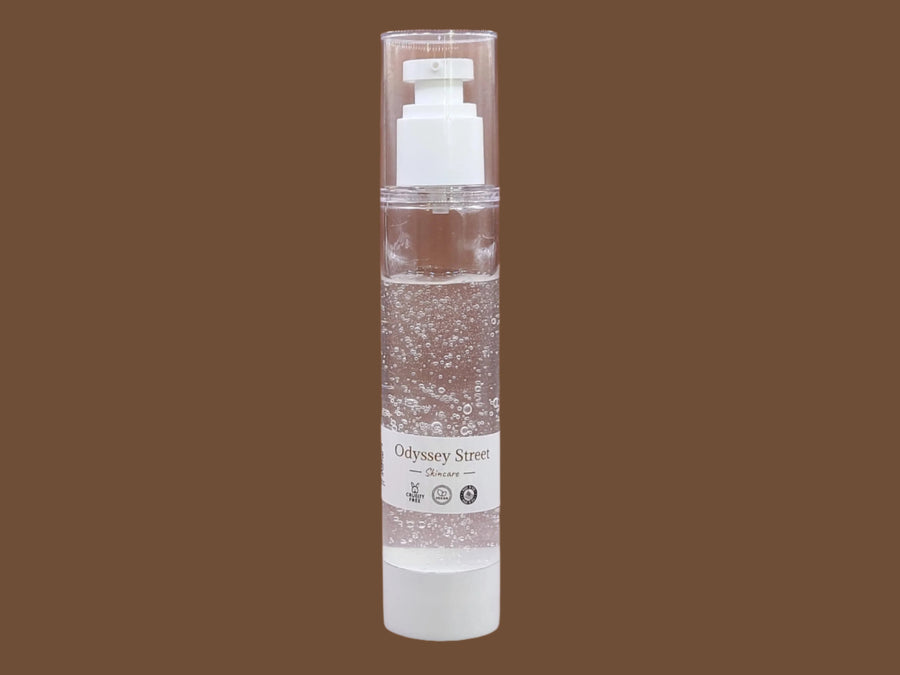
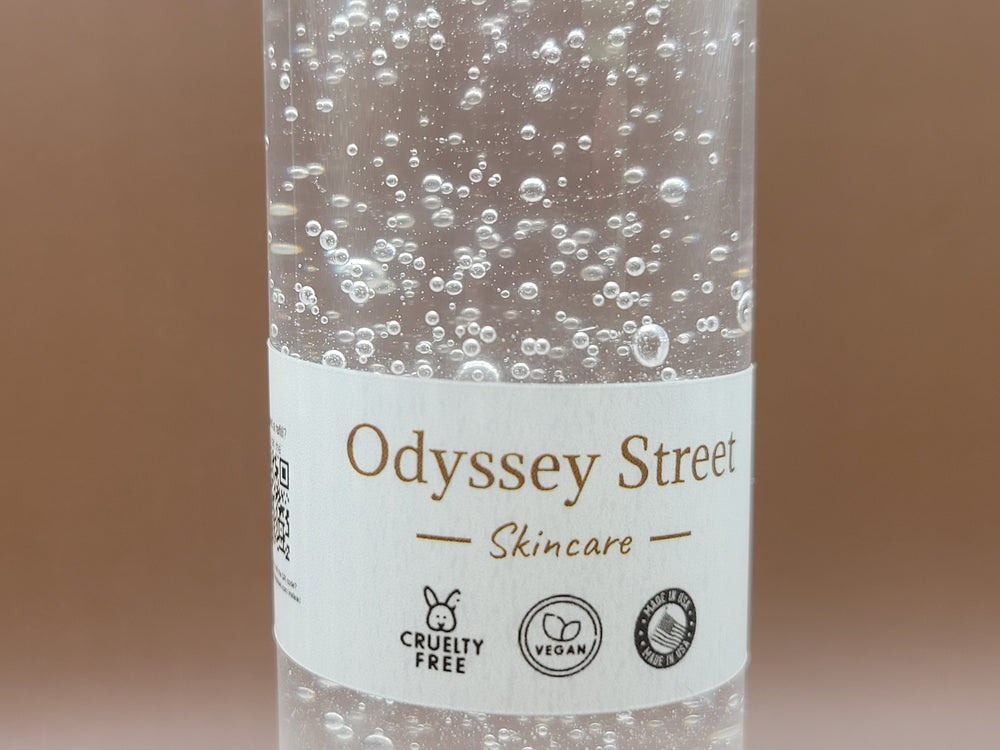
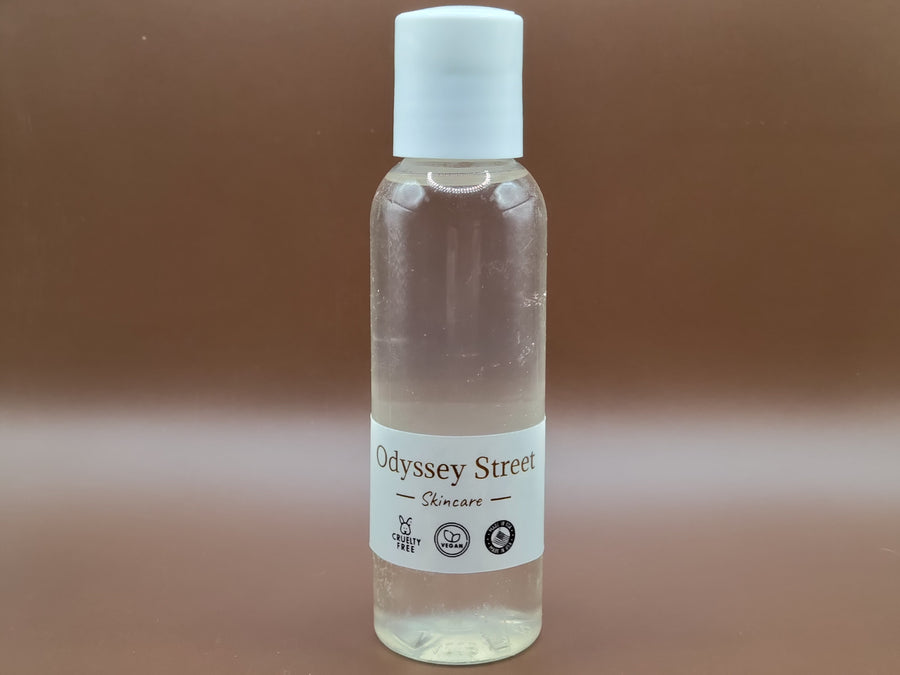
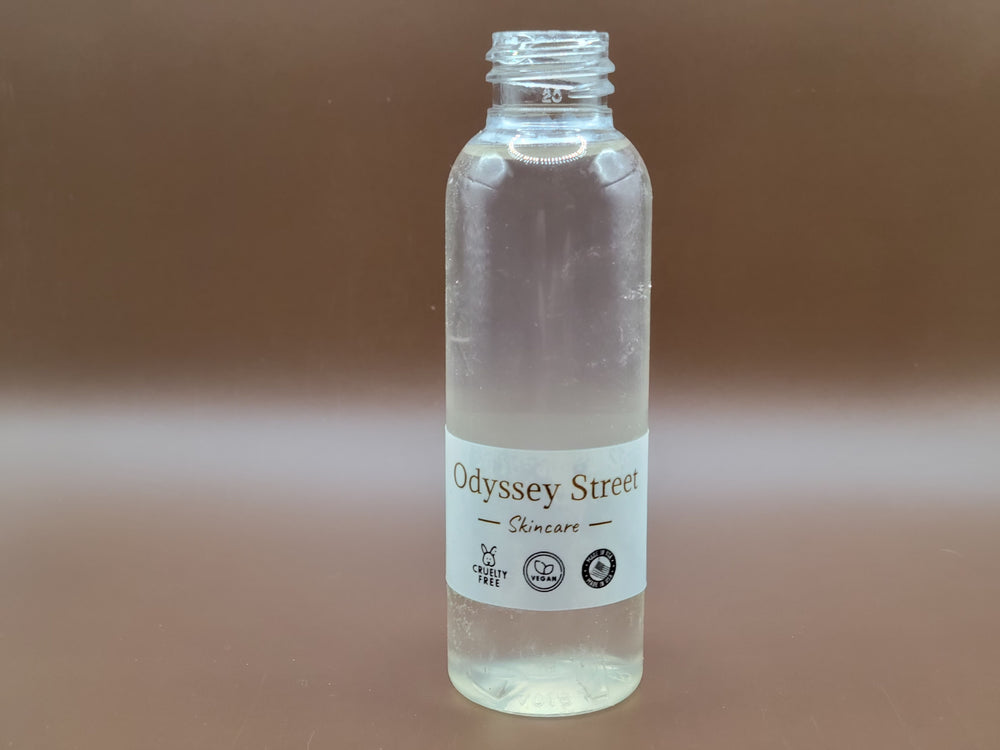
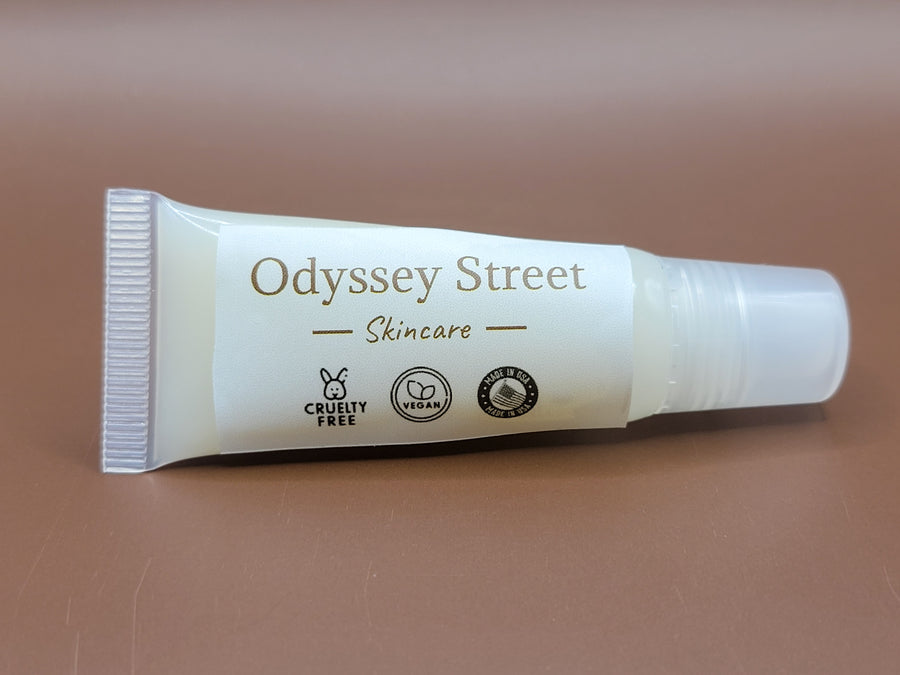
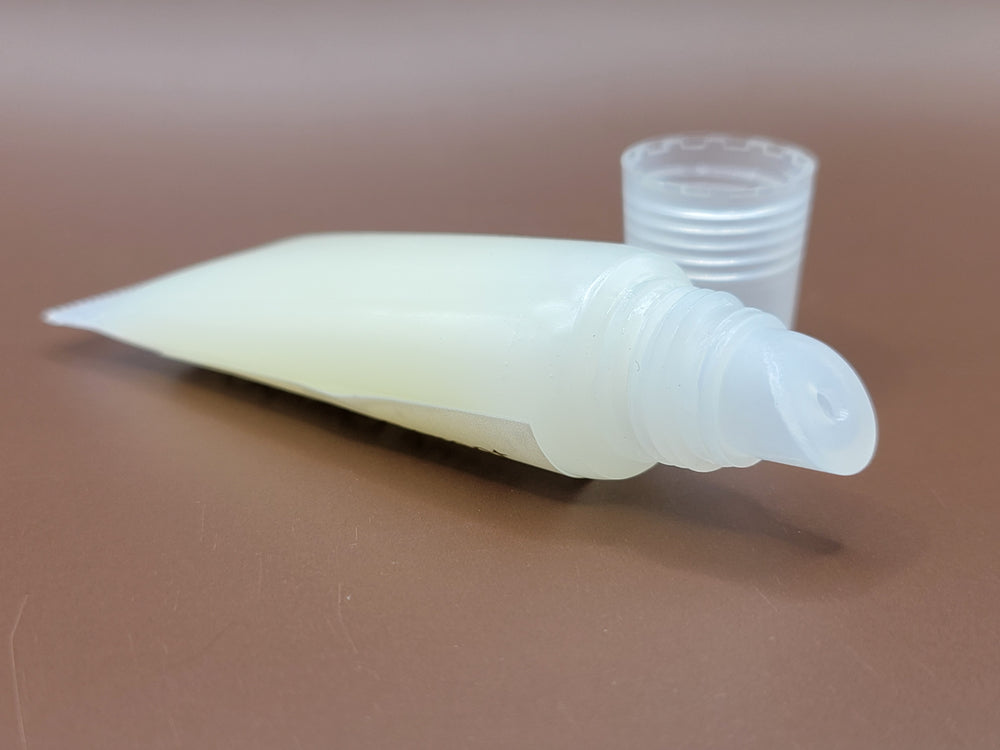
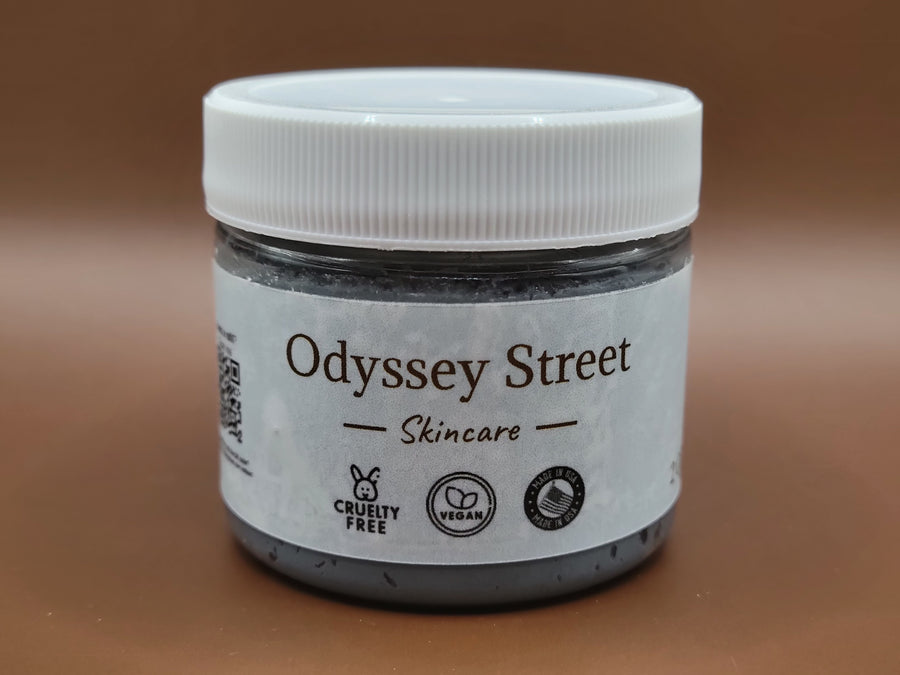
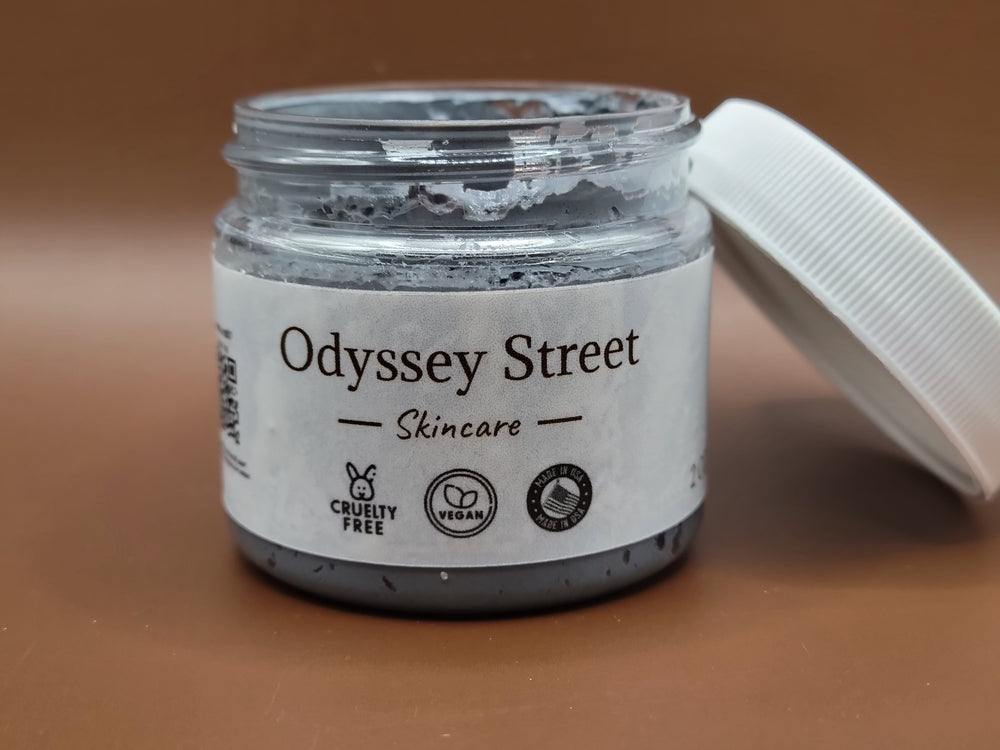
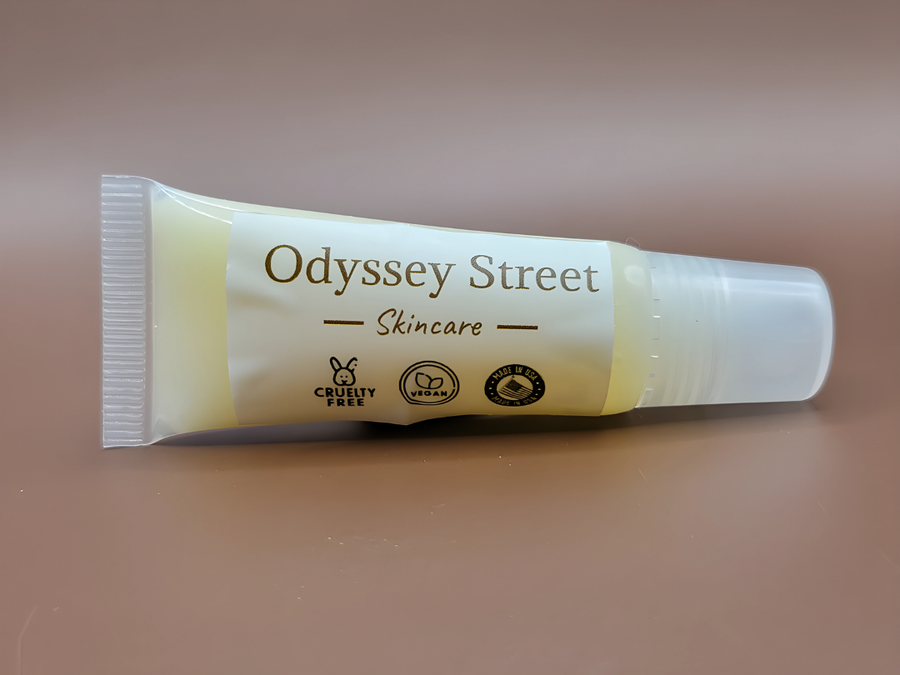
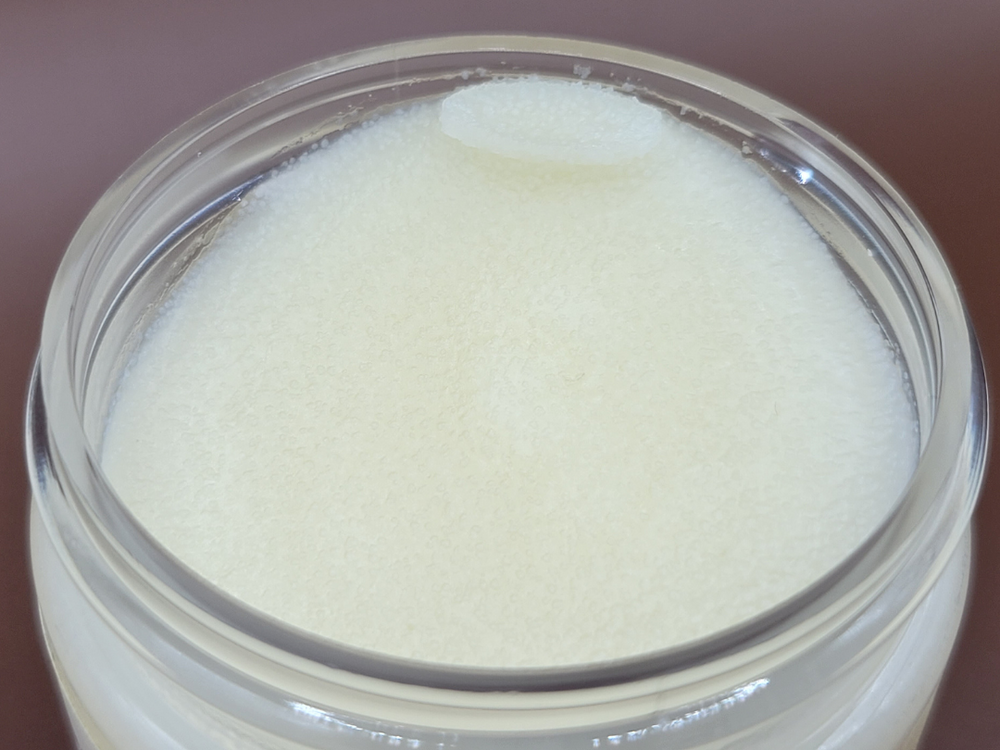
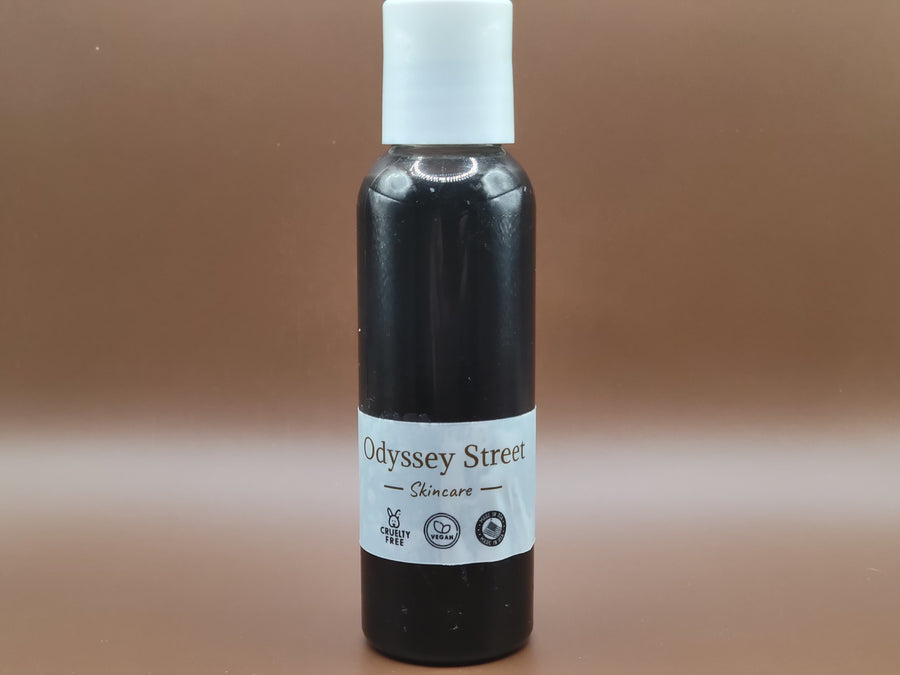
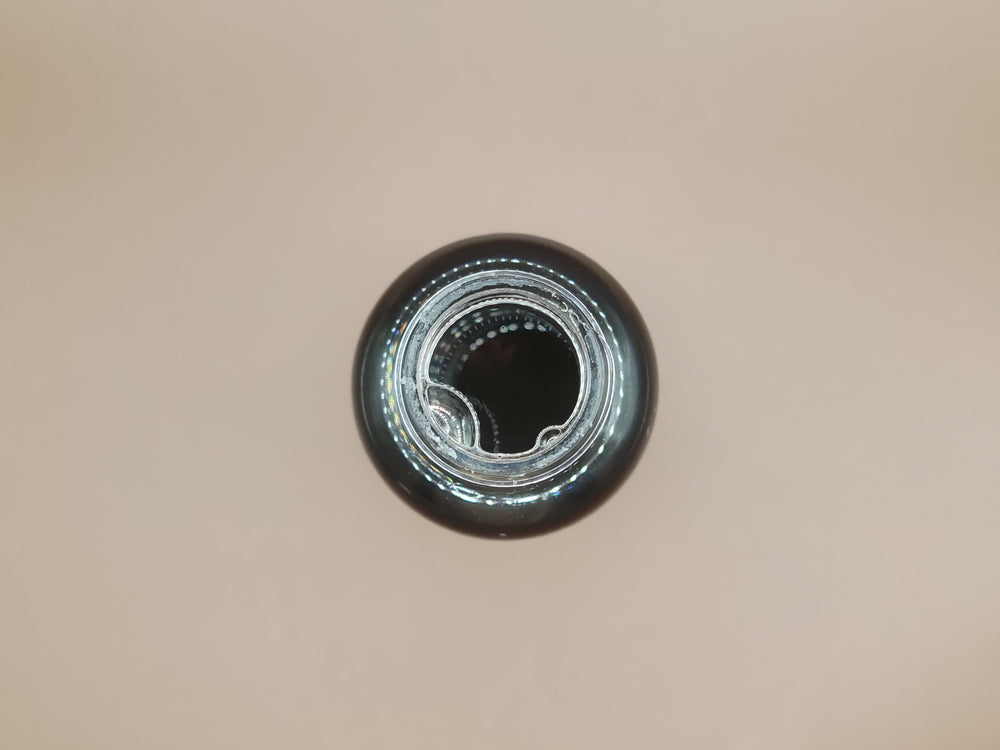
Leave a comment